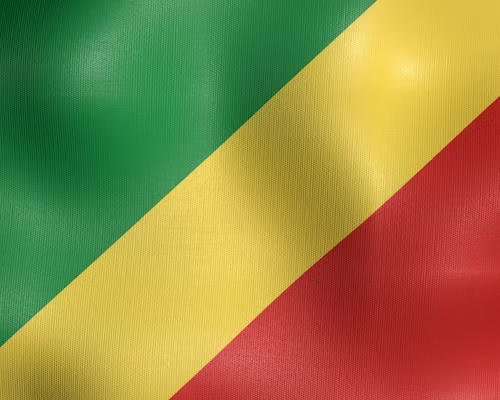Reggae is more than just a genre of music—it’s a cultural movement that embodies the struggles, resilience, and spirit of the Jamaican people. Emerging in the late 1960s, reggae was shaped by a complex mix of historical events, social issues, and African influences that have made it a powerful voice for marginalized communities. From its connection to Rastafarianism to its role in political activism, reggae is a product of the rich cultural tapestry that gave birth to it.
African and Caribbean Roots
Reggae’s foundation can be traced back to the African rhythms and drumming traditions that survived the transatlantic slave trade. Enslaved Africans in Jamaica brought their musical heritage with them, which later blended with European musical elements to form distinct Caribbean sounds like mento, ska, and rocksteady. These genres laid the groundwork for reggae, incorporating offbeat rhythms, syncopation, and a deep, pulsating bass—key features that continue to define reggae today.
Rastafarianism and Spiritual Influence
One of the most significant cultural influences on reggae is Rastafarianism, a religious and social movement that emerged in Jamaica in the 1930s. Rastafari beliefs, which emphasize African identity, resistance to oppression, and spiritual connection to Ethiopia, deeply influenced reggae’s themes and aesthetics. Artists like Bob Marley, Peter Tosh, and Burning Spear infused their music with messages of unity, peace, and defiance against Babylon (a term used to describe oppressive systems). Songs like Bob Marley’s One Love and Get Up, Stand Up reflect these principles, spreading the Rasta philosophy worldwide.
Reggae as a Voice for Social and Political Issues
Reggae music has historically been a medium for protest and social commentary. During the 1970s, Jamaica was plagued by political unrest, economic struggles, and social inequality. Reggae musicians used their platform to highlight these issues, with songs like Peter Tosh’s Equal Rights calling for justice and fairness. The genre also played a role in uniting people across political divides, as seen when Bob Marley famously brought together rival politicians Michael Manley and Edward Seaga at the 1978 One Love Peace Concert.
Global Influence and Evolution
Though deeply rooted in Jamaican culture, reggae has had a profound impact globally. In the UK, reggae became a voice for the Caribbean immigrant community, influencing genres like punk rock and later giving rise to dancehall and grime. In Africa, reggae resonated with liberation movements, as seen in Lucky Dube’s anti-apartheid anthems. Today, reggae continues to inspire artists across genres, proving that its cultural significance extends far beyond its birthplace.
Conclusion
Reggae’s evolution is a testament to the power of culture in shaping music. From African rhythms to political activism and spiritual expression, reggae is more than just a sound—it’s a reflection of history, identity, and resistance. As the genre continues to grow and influence artists worldwide, its cultural roots remain at the heart of its enduring appeal.
Musical Vibes
- The Official Bob Marley Store
- Chill Reggae Instrumental
- Legend 35th Anniversary Double vinyl
- Yamaha Keyboards & Digital Piano
- The Boombastic Collection – The Best Of Shaggy
One love One heart One People


